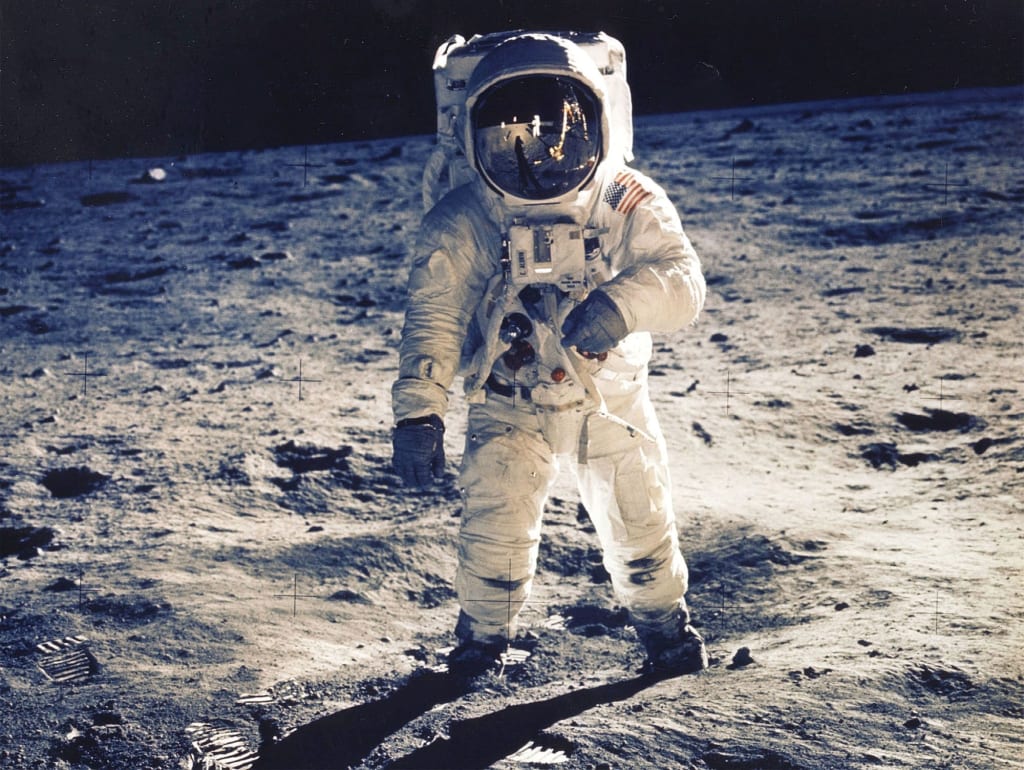Exploring the Extraordinary
Weird Facts about Space

Introduction:
Space, the final frontier, has always captivated humanity's curiosity and imagination. The vastness and mysteries of the universe continue to inspire awe and wonder. While we have made significant advancements in space exploration, there are still plenty of peculiar and lesser-known facts that defy our understanding. In this blog, we embark on a cosmic journey to uncover some weird and fascinating facts about space that push the boundaries of our comprehension.
Space is Silent:
Contrary to popular belief, space is eerily silent. In the absence of air and other mediums for sound transmission, the vacuum of space eliminates the possibility of sound waves traveling. So, iconic cinematic scenes featuring loud explosions and roaring spacecraft would actually be silent in the real cosmos.
The "Nothingness" of Space:
Space is often described as a vacuum, but it is not entirely empty. It is scattered with particles, albeit in extremely low densities. These particles, known as interstellar dust, consist of microscopic grains of rock and metal, remnants of exploded stars and cosmic collisions.
A Black Hole's Time Warp:
One of the most mind-bending aspects of black holes is their ability to warp space and time. The immense gravitational pull of a black hole creates a phenomenon known as time dilation. Time near a black hole moves slower compared to a distant observer, leading to a distorted perception of time.
The "Oops!" Moment on the Moon:
During the Apollo 11 mission, astronaut Neil Armstrong accidentally dropped a glove on the lunar surface. The glove, which weighed less than a pound on Earth, fell more slowly than anticipated due to the Moon's weaker gravity. Armstrong described the incident as his "lousiest maneuver" during the historic moonwalk.
The Mysterious Dark Energy:
Scientists estimate that about 68% of the universe is composed of dark energy, an invisible force that permeates space and is responsible for the accelerating expansion of the universe. Despite its significant presence, the nature and origin of dark energy remain a profound mystery.
The Space Mirror Selfie:
In 1966, Buzz Aldrin took the first space selfie during the Gemini 12 mission. He positioned his camera to capture his own reflection in his visor, creating a memorable photograph that marked a significant moment in the history of space exploration and popularized the concept of the "selfie."
The Severe Sunburn on Mercury:
Mercury, the closest planet to the Sun, experiences extreme temperature variations. While the side facing the Sun can reach scorching temperatures of up to 800 degrees Fahrenheit (430 degrees Celsius), the side facing away from the Sun plunges to bone-chilling lows of -290 degrees Fahrenheit (-180 degrees Celsius). Talk about an extreme environment!
The Mystery of Fast Radio Bursts:
Fast Radio Bursts (FRBs) are intense, millisecond-long bursts of radio waves detected in space. These fleeting signals originate from distant galaxies, but their exact source remains unknown. Scientists speculate that FRBs could be the result of highly energetic cosmic events such as neutron star collisions or even advanced extraterrestrial civilizations.
Conclusion:
The wonders of space never cease to amaze us with their mind-boggling and sometimes bizarre characteristics. From the silence and "nothingness" of the vacuum to the mind-bending effects of black holes and the enigmatic nature of dark energy, the cosmos continues to push the boundaries of our understanding. Exploring the weird facts about space reminds us of the limitless mysteries that await our exploration and fuels our insatiable curiosity to unravel the secrets of the universe.
About the Creator
Enjoyed the story? Support the Creator.
Subscribe for free to receive all their stories in your feed. You could also pledge your support or give them a one-off tip, letting them know you appreciate their work.





Comments
There are no comments for this story
Be the first to respond and start the conversation.